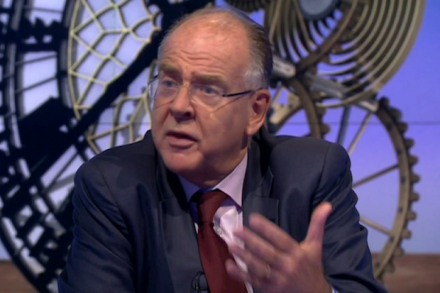Coffee Shots: Labour press office taunts David Cameron with Percy Pigs
With the Downing Street press office declining to comment today on allegations from Lord Ashcroft involving the Prime Minister and a dead pig, Labour has also stayed quiet over the claims. However, members of the Labour press office were unable to resist ignoring the alleged incident completely, with press officers giving out sweets to hard-working lobby journalists. The choice of candy? Percy Pigs, of course.

















